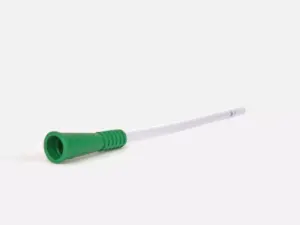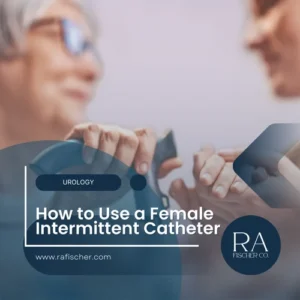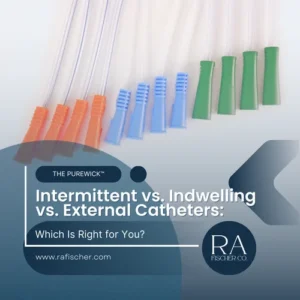
Blog
Uncoated vs. Pre-Lubricated vs. Hydrophilic Catheters: Which Is the Right Choice For You?
If you’ve been living with urinary retention or neurogenic incontinence, your doctor has probably prescribed the use of an intermittent catheter to empty your bladder. Lubricating the catheter prior to insertion is the key to minimizing discomfort while self-cathing.

![Three young people engrossed in a book, sharing knowledge and enjoying a learning experience together outdoors [ contact RA Fischer treatment specialists ] [ RA fischer hyperhidrosis iontophoresis ]](https://www.rafischer.com/wp-content/uploads/2023/09/ra-fischer-iontophoresis-machine-hyperhidrosis-home-medical-supplies-sweating-success-stories.webp)

